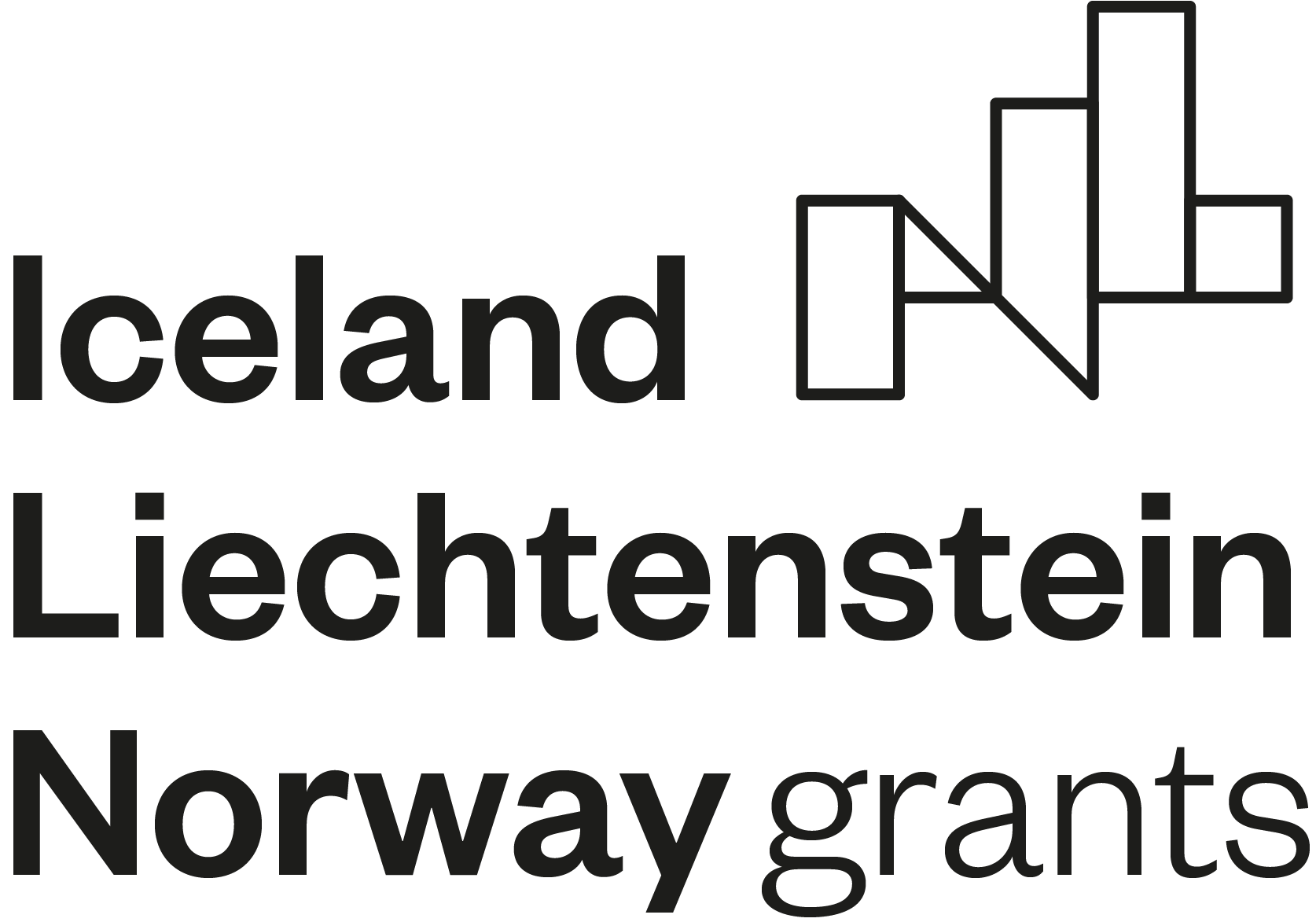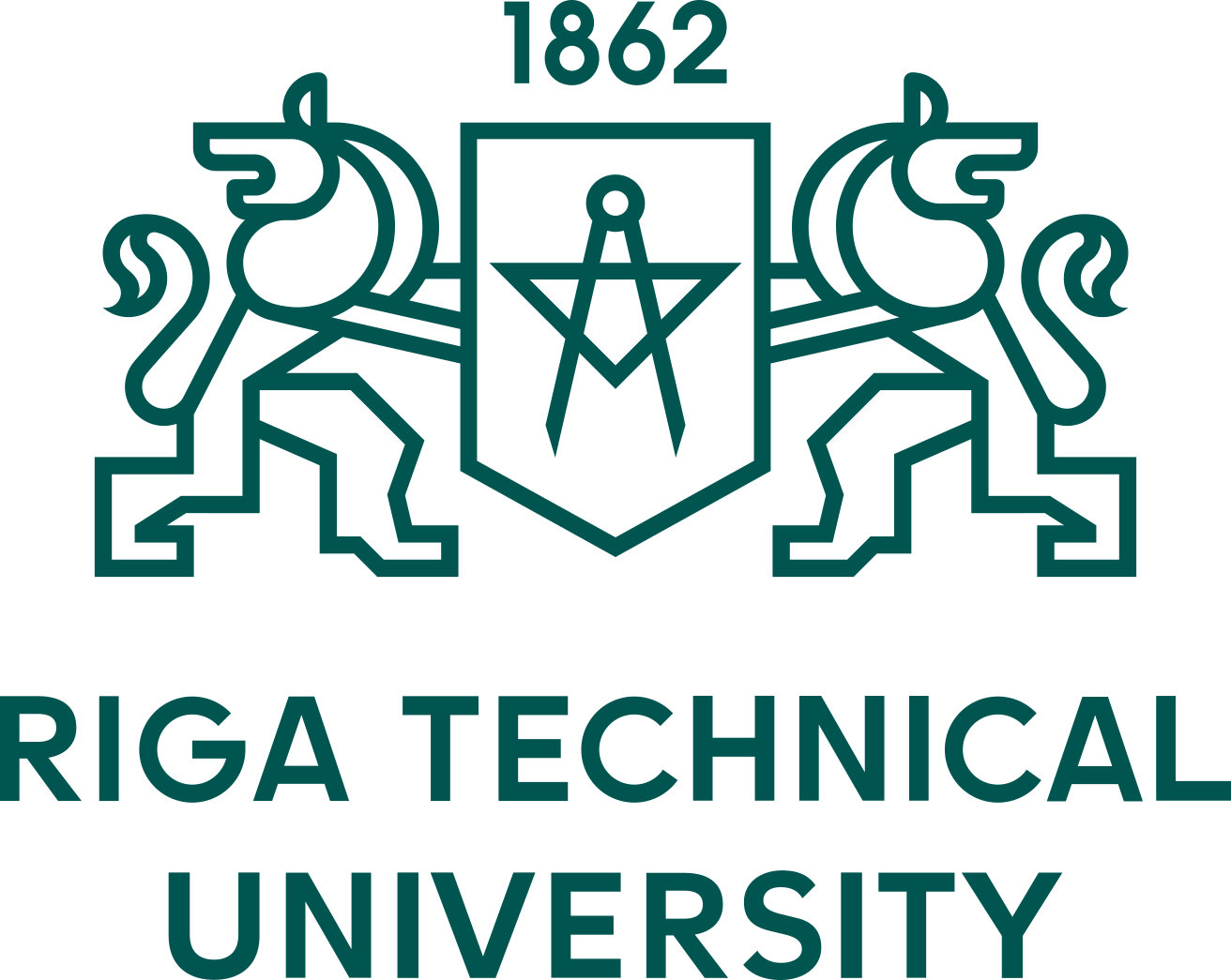Summary
The world is experiencing a high demand for high-quality cybersecurity specialists due to an increasing number of cyber attacks and their technological advancement.
In the Baltic countries, the geopolitical situation sets cybersecurity as a top priority. All economic sectors depend on the protection against cybercrime. In more than 90% of cyber incidents, humans could be seen both as attack targets and defenders having a broad set of technical and generic competencies. There is an enormous lack of research regarding the role of human factors in cybersecurity internationally. The establishment of an international cross-disciplinary research team will address the urgent need for a scientific understanding of human limitations and capabilities in the cyber kill chain.
The three Baltic countries and their partners from Norway and Liechtenstein make the team to investigate human behaviour in cybersecurity by combining research areas of computer science, psychology, and human genomics.
The project aims to develop a comprehensive, science-based interdisciplinary framework to develop and assess generic and subject-related competences of the current and future cybersecurity workforce. The data will be gathered based on the participants of international cybersecurity exercises. Risk assessment and educational components will be tested in the student environment. Statistical and data mining tools will be used to interpret multilayered data and to find correlations among genetic, behavioural, and technical skills under stressful conditions.
The project will result in the creation of a set of methodologies and tools that will include specific software components to gather and analyse data, self-report tools to collect factual data on social behavioural patterns, recommendations to consider specific biological marker information, a custom genotyping array, a methodology to develop and assess competencies, and the risk assessment process based on the joint interdisciplinary data.








 EN
EN
 LT
LT
 LV
LV
 EE
EE
 NO
NO
 DE
DE